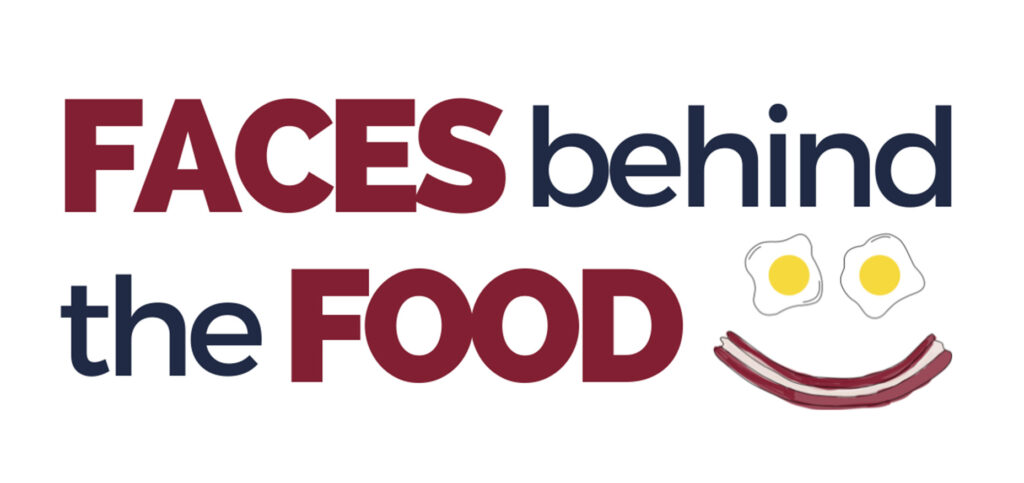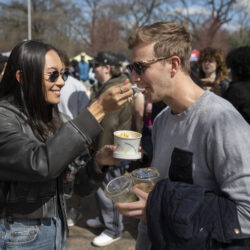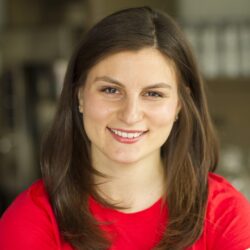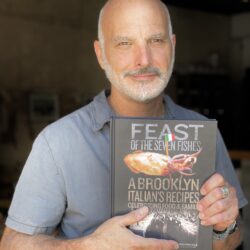
Lisa Kyung Gross connects immigrant women to the curious home chef
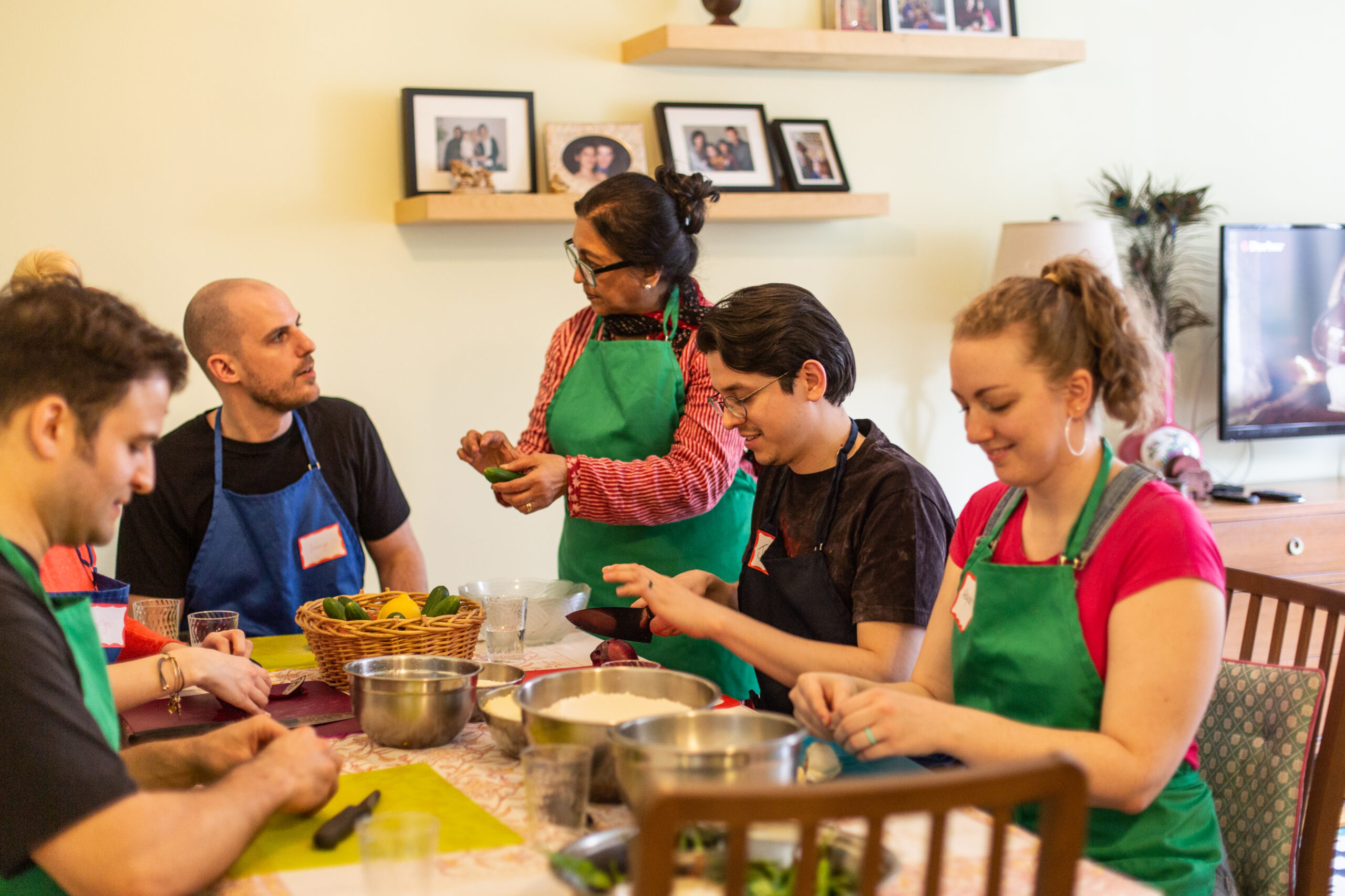
A League of Kitchens cooking class.
Photo: Sarah Dittmore.
Photo: Sarah Dittmore.
Leave a Comment
Leave a Comment

Brooklyn Boro
View MoreNew York City’s most populous borough, Brooklyn, is home to nearly 2.6 million residents. If Brooklyn were an independent city it would be the fourth largest city in the United States. While Brooklyn has become the epitome of ‘cool and hip’ in recent years, for those that were born here, raised families here and improved communities over the years, Brooklyn has never been ‘uncool’.
